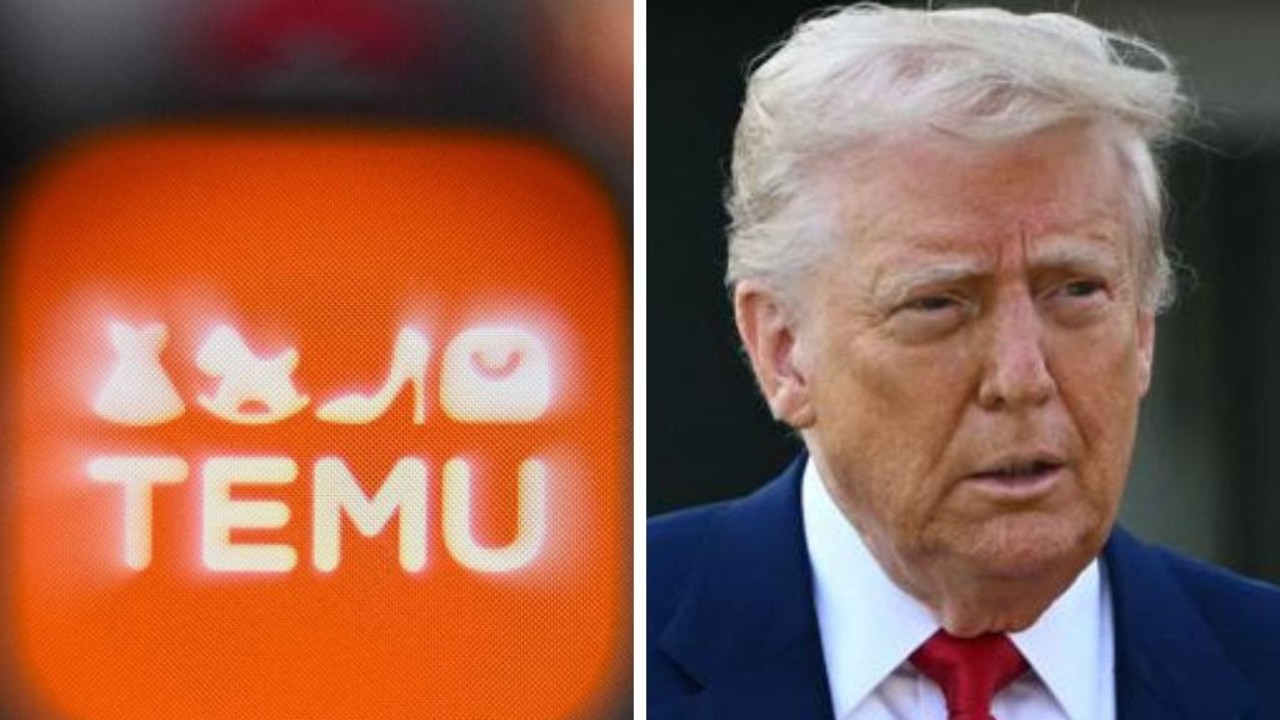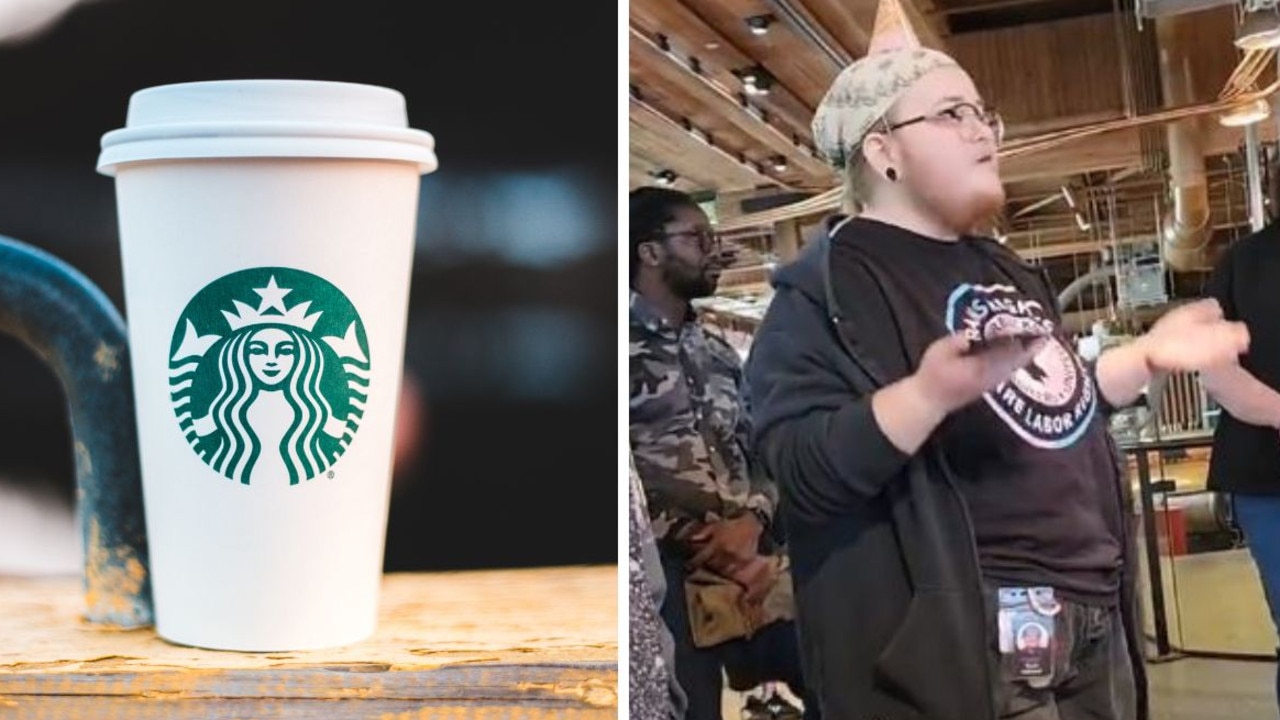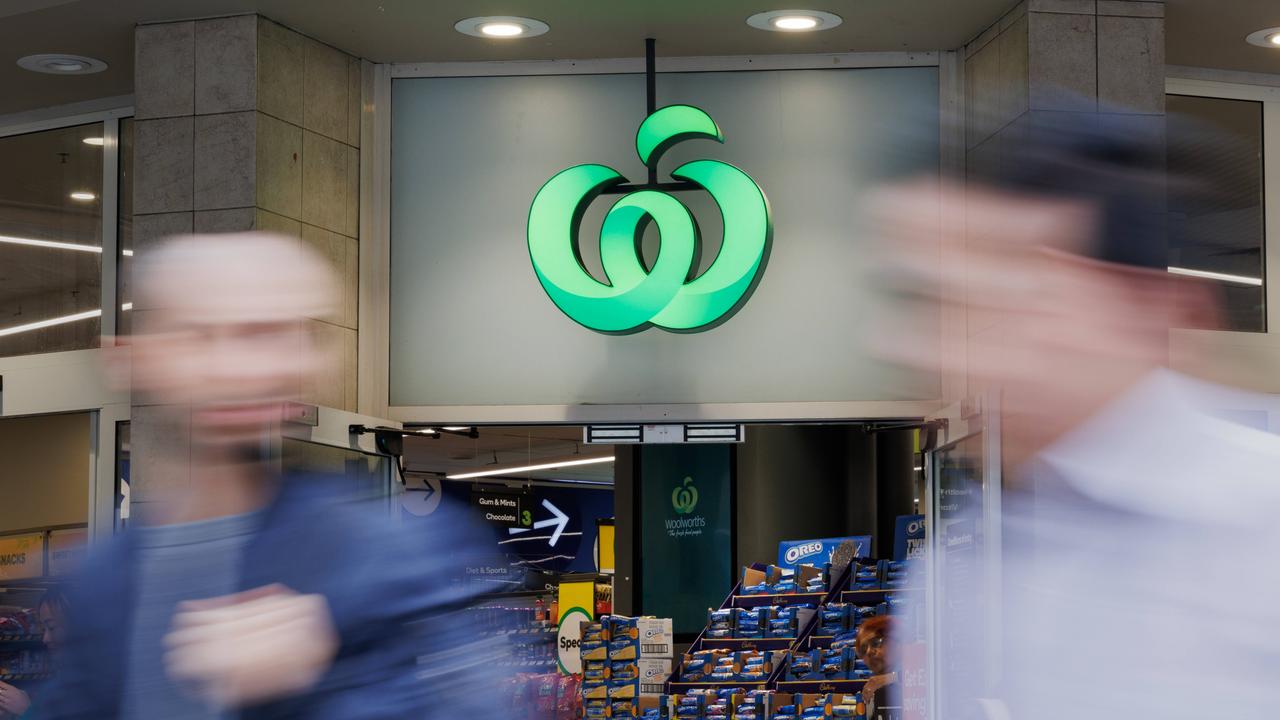‘Devastating’: Sydney food delivery company Hartley Health collapses
The owner of an Australian meal delivery service has revealed her business has ceased operations immediately.
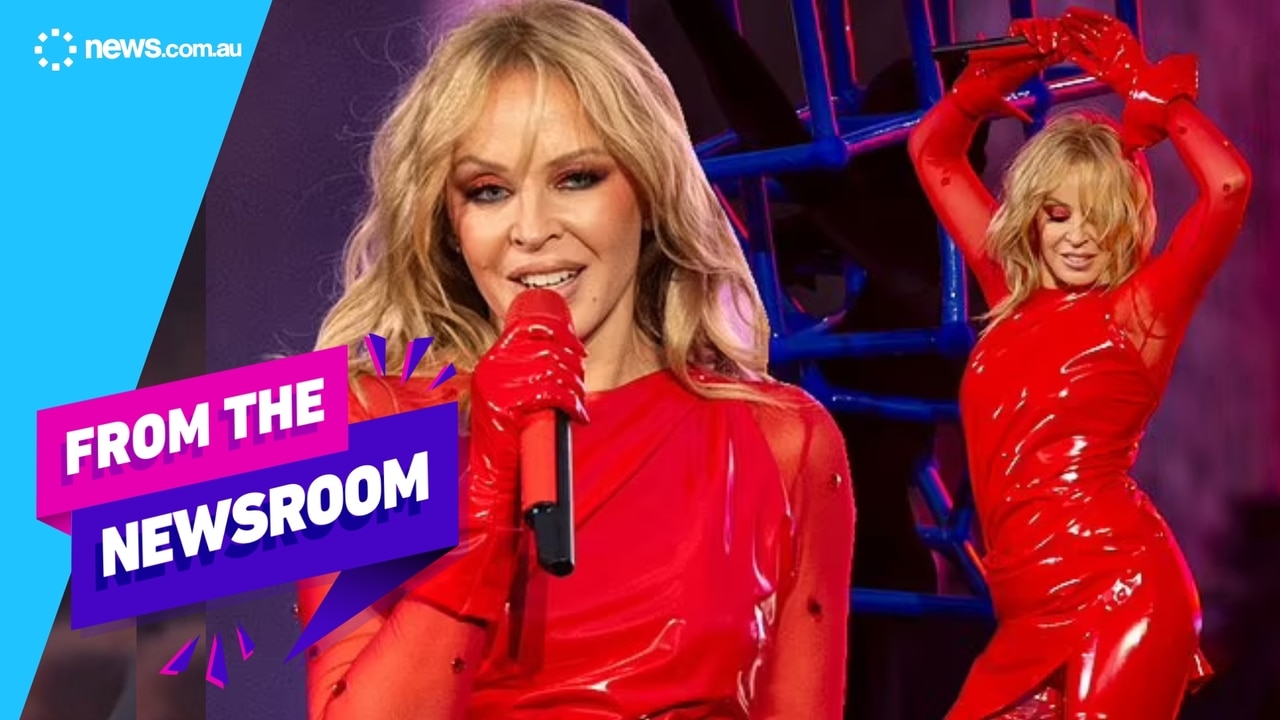
A meal delivery service in Sydney and Newcastle has collapsed, with the owner revealing the tough economic climate has become too much to bear.
Hartley Health owner Jordan Hartley took to Instagram on Thursday to tell customers the business would cease operating immediately after “a deal fell through” that morning, which was intended to help with rising costs.
“With increasing costs in the food industry and the toll it has taken on my mental health, I have made the difficult decision to prioritise my wellbeing,” she said.
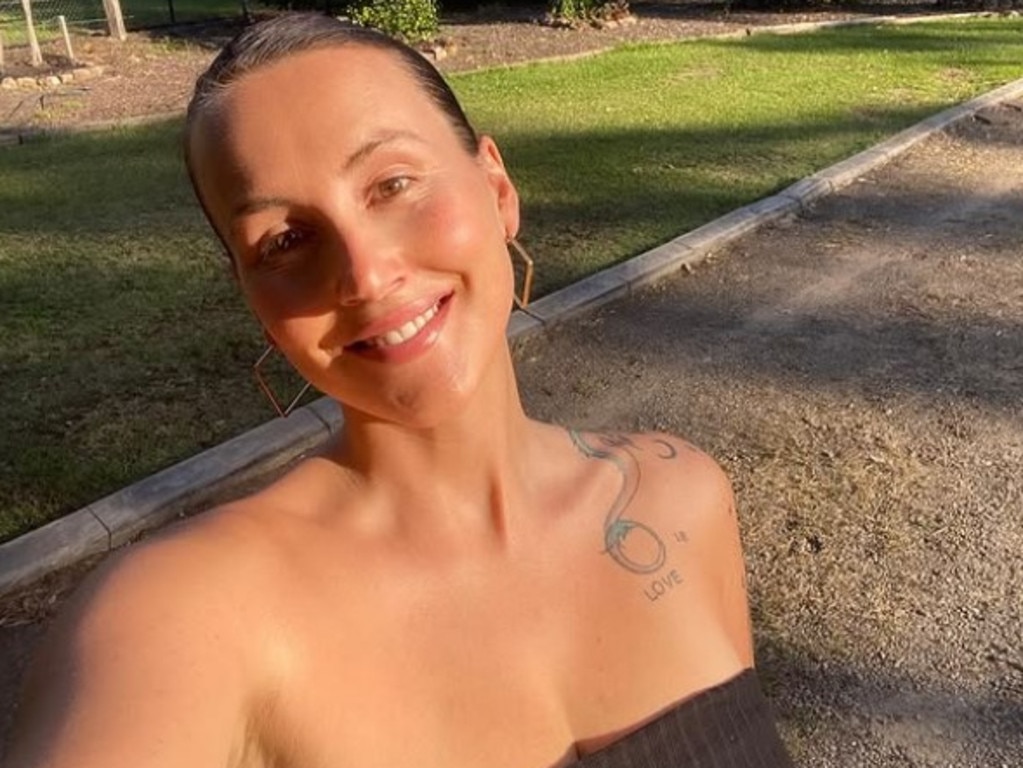
“Unfortunately, I do not have the mental capacity to continue raising funds and creating working capital.
“After six wonderful years, this is a devastating moment for our clients, our team, and myself.”
The mother-of-one is known for sharing her mental health struggles with her more the 20,000 followers on her personal Instagram page. The Hartley Health account has about 14,000 followers.
ASIC records show the company was placed into liquidation on September 19.
Chad Rapsey from Rapsey Griffiths Turnaround + Advisory was appointed as the liquidator.
Ms Hartley started by making just 50 meals a week in her share house kitchen for a small number of clients and then grew the business to a point where she could lease her own kitchen, according to the website.
The business is promoted as creating chef-made meals cooked to order “without preservatives, additives, seed oil or gas mapping” and delivered fresh within 48 hours.
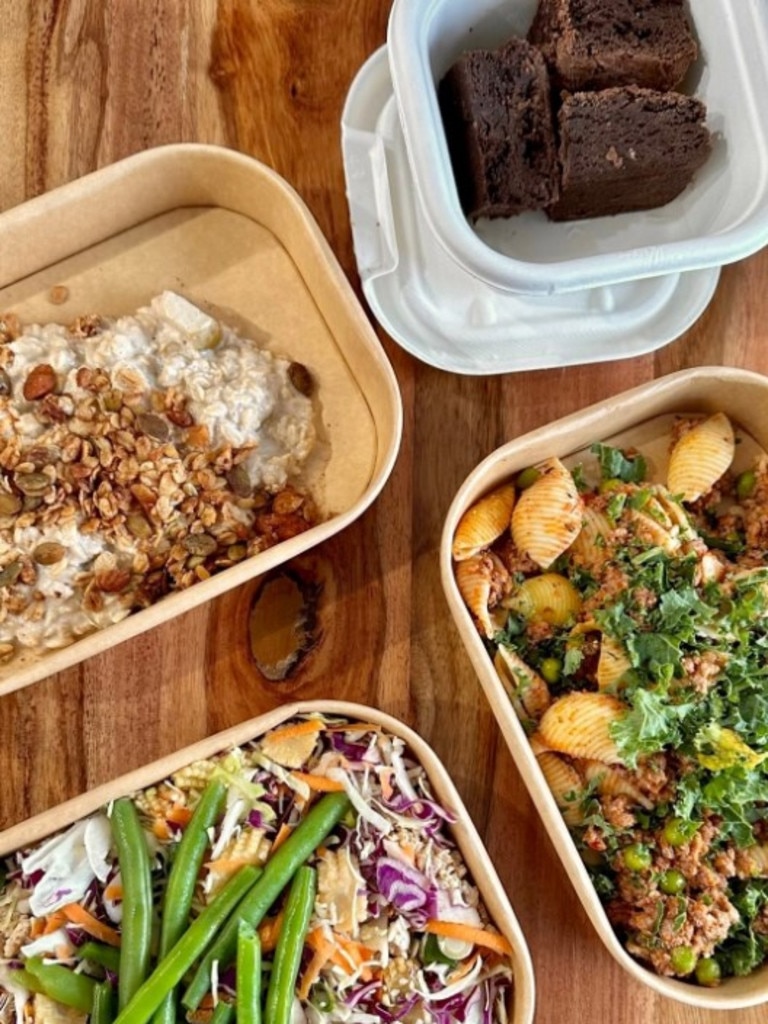
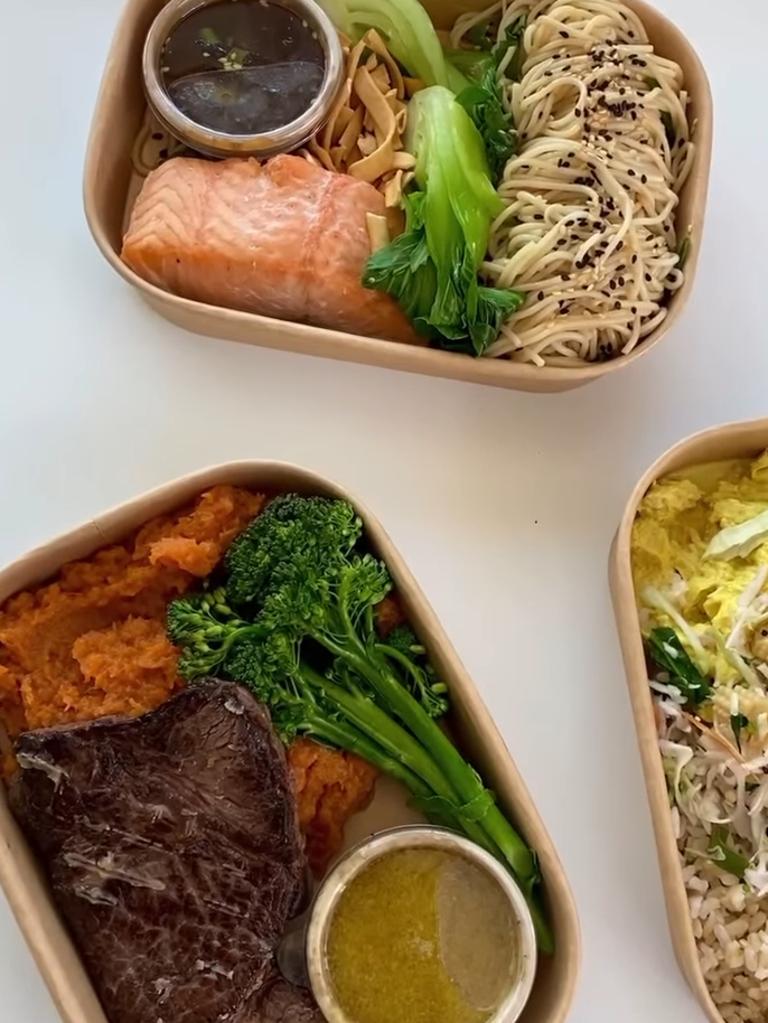
A number of other food delivery services have been unable to survive the economic turmoil wrought in the wake of the Covid-19 pandemic.
Deliveroo’s Australian branch went into administration and exited the Australian market in late 2022, citing the food delivery industry as being too competitive a market for them to turn a profit.
A Victorian food delivery company that styled itself as a rival to UberEats and Deliveroo called Delivr, also went bust in 2022, which at its peak had 200 delivery drivers.
Melbourne business YourGrocer, which offered grocery delivery from local independent shops, collapsed the same year.
Last year, a gourmet food start-up called CoLab, which offered ready-to-cook meals from more than 150 restaurants, appointed administrators.
Delivery grocery store Milkrun, which promised to get groceries to customers within 10 minutes, also folded but was later bought out by Woolworths.
Grim outlook as small Aussie businesses ‘battered’ and left behind
More generally, an “unfair playing field” has large businesses successfully weathering the economic storm while Australian small businesses are at breaking point, experts say.
The country will see a surge in the number of small businesses going bust over the next one to two years, Vantage Performance chief executive Michael Fingland recently told news.com.au.
“The conditions have become so tough and they just don’t have the cash to weather the storm that large business have,” he said.
Mr Fingland, whose company specialises in business turnaround, said the reality is customers are seeking out cheaper and cheaper prices as the cost of living bites, and small businesses cannot afford to drop their prices the way large businesses can.
He told news.com.au the increasing number of insolvencies is disproportionately made up of small and medium-sized enterprises (SMEs).
“We’ve been averaging 8000 a year pre-Covid, we’re up to 12,000 now and it’s probably going to be at least 13,000 to 14,000 a year, and that will all come from the small to medium-sized end of the market,” he said.
Luke Achterstraat, the chief executive of the Council of Small Business Organisations Australia, said small businesses were being “battered by a perfect storm” including rent, energy, insurance and interest rates.




